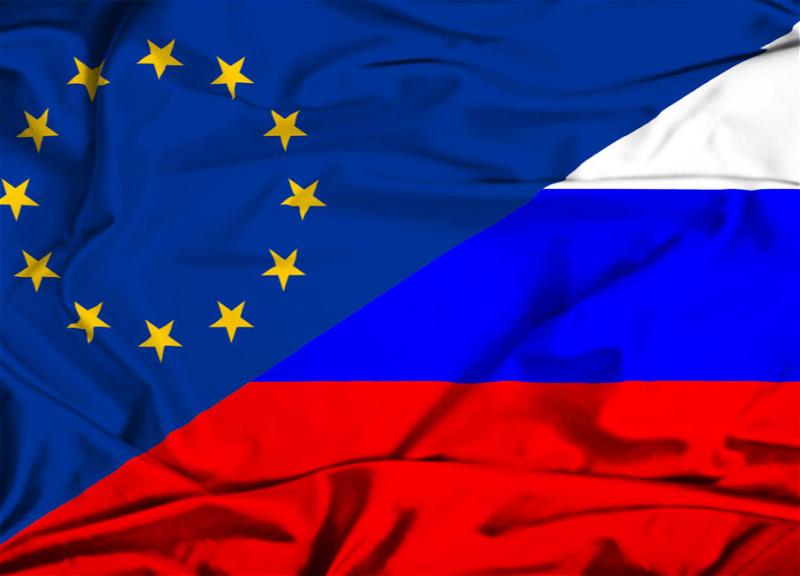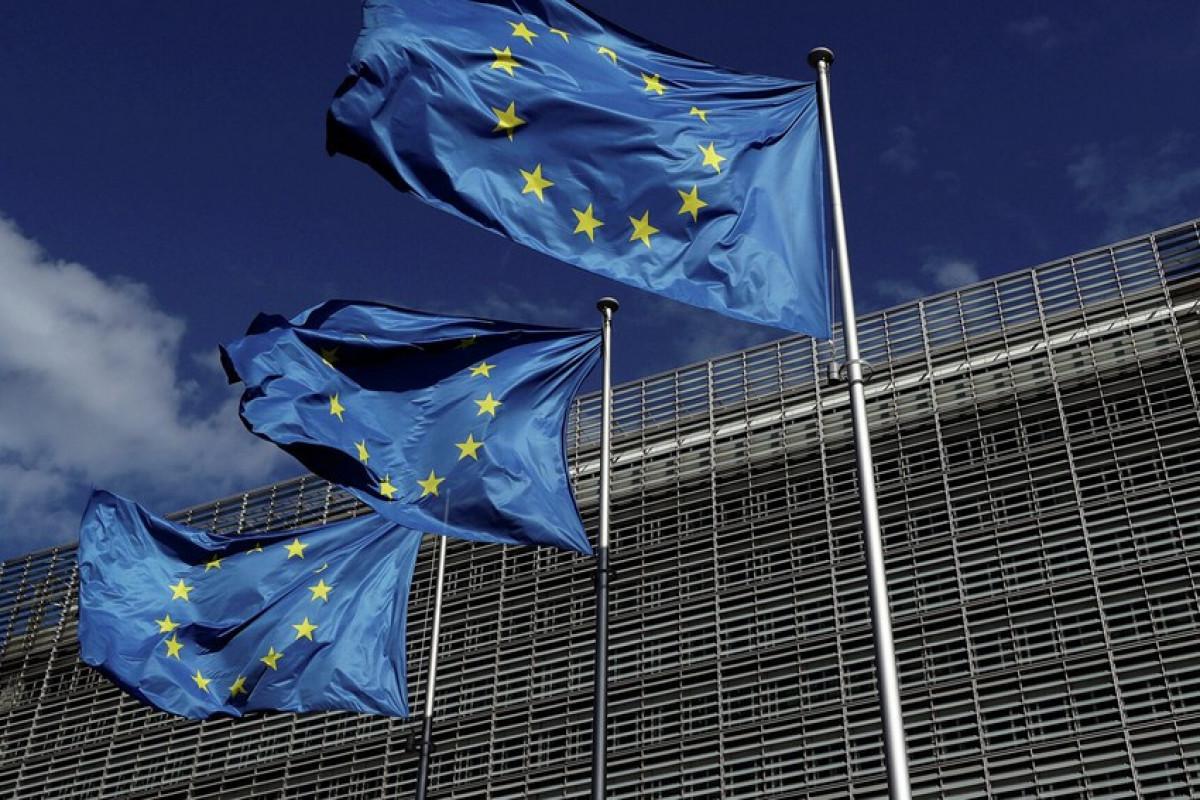Unipolar world can exist only by force Russian expert Andrey Koryakovtsev on Caliber.Az
Caliber.Az has interviewed Expert of the Russian Institute of New Society Andrey Koryakovtsev.
- Today, people are concerned that the world is on the verge of the World War III. Do you share this concern?
- The ways of warfare are changing. Apparently, the world war during the era of nuclear weapons is primarily a war for economic survival, and it can occur as a hybrid military conflict as it is being observed in Ukraine. In this sense, it is not the last one among further local wars in case of any outcome of Russia's military special operation.
- What extreme measures can Washington take in case of a radical scenario? Can the US directly confront with Russia in military terms?
- I think that a radical scenario is being implemented right now from the very beginning of NATO's eastward expansion. A direct clash between the Russian Federation and the US is possible only if the latter fully uses all the countries willing to fight for its interests. This will not happen soon. However, the US will spare no efforts. Presently, Ukrainians and Europeans are in such a situation.

- Russia has withdrawn from the Council of Europe. How will this affect the human rights situation in the country?
- Russia's withdrawal from the Council of Europe will not affect the daily life of Russians. The observance of human rights is determined by the relations of civil society and the state, rather than by the formal membership of the latter in the Council of Europe. For example, did the UK's membership affect the fate of Australian journalist, WikiLeaks founder Julian Assange? Not at all. Does France's membership in the Council of Europe affect the level of violence of law enforcement officers during the pacification of the yellow vest protesters? Surely not. Hence, is such a conclusion – EC membership of any country has not affected and does not affect human rights. The same is applicable to the loss of such membership. The human rights are determined by other factors.
- Will Moscow and Kyiv manage to negotiate?
- Any military conflict ends with some agreement. The complexity of the negotiation process between Russia and Ukraine is that the Ukrainian side is not independent. Two important factors influence the decisions of the Ukrainian authorities.
The first factor is that Ukraine depends on external, US influence. The second is internal dependence on the "Nazis" controlling the armed forces. Of course, the latter depend on the US, but also have their own vision of the situation and their own interest.
Apparently, the negotiation process will not advance until the latter is defeated in military terms. It is expected to occur in south-eastern and southern Ukraine. Only in case of the destruction of combat-ready units of the Armed Forces of Ukraine, it will be possible to reach such agreements that would exclude such a military conflict between Russia and Ukraine in the future.
- Beijing's support for Moscow has acquired special significance amid sanctions pressure on Russia by the West. Can China take advantage of this and increase its influence on Russia?
- Of course, it can. But China, in its confrontation with the US, needs quite an independent and strong ally rather than a weak one dependent on it as this is fraught with dispersal of efforts for it. A Russian common man is now being frightened by the "Chinese threat". This is nonsense.

- Who, in your opinion, determines the EU policy today?
- The EU policy is currently determined by the European bureaucracy, acting together with financial capital. They have absolutely no interest in the development of European industry and help the US to take control of the EU economy.
- Many experts regard the situation related to Ukraine as a change of the entire system of international relations and many basic principles worldwide. Do you agree with this opinion?
- I agree. People usually envisage a multipolar world in this case. That's right. But who is interested in such a turn? It is in the interests of the new powers of the former capitalist periphery, independently developing industry and interested in maintaining their own control over their resources. Proceeding from the history, the winner is the one who develops production, rather than currency speculation.
Let us recall the decline of the old capitalist leaders, namely, Northern Italy during the Renaissance, the Netherlands and England. It occurred as a result of their loss of industrial primacy due to the victory of the financial sector over industry. This also happened with the US. The US dollar faces further depreciation in commodity terms, which means that the unipolar world has no prospects. It is able to exist only by force.








